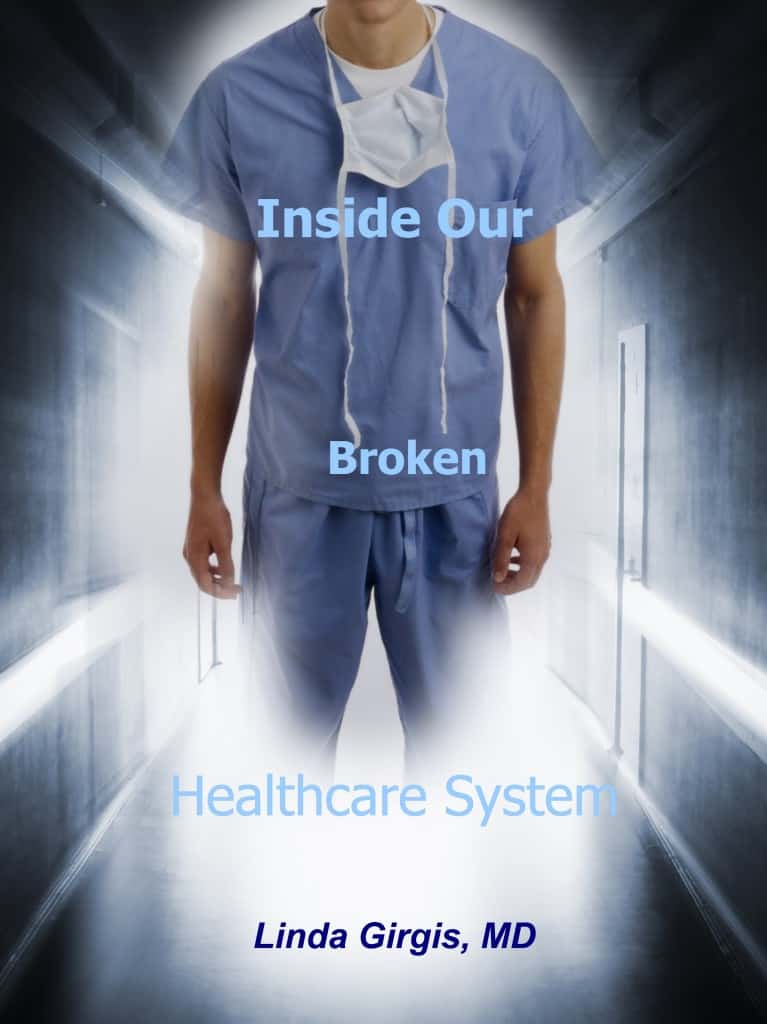The patient was an elderly priest who had been awake all night vomiting. He was too sick to come to the office and not sick enough that he wanted to go to the ER. I walked into his bedroom where he was lying weak in bed. It was one of the rare home visits that I still do. After ascertaining that all his vital signs were stable and that he was not severely dehydrated, I gave him a shot of Phenergan and instructions on taking frequent sips of fluids. I checked on him periodically by phone throughout the day, and by evening he was doing better.
People often lament that Marcus Welby-type medicine is gone. You know the type where a doctor is in a small practice and knows all his patients, even what positions their kids play on the baseball team and what grades they got in math? While I strive to continue to provide such care, I fear our healthcare system is moving away from this type of model. In fact, it has been estimated that only 30% of doctors remain in private practice.
Medicine is being driven by the push for turning patients into data. People discuss the clinical records and recording metrics. We are now told to achieve certain clinical outcomes and give a number, such as target LDL number, as a benchmark to achieve. Doctors are being herded into large practices and judged by the RVUs they generate. These days, everything is about numbers, not people.
“Patients are not in the room curing themselves while the doctor sits there capturing their data.”
It truly saddens me that our system is disappearing. There are now too many hands in the exam room, from insurance company administrators to politicians. Everyone desires to drive the patient visit, whether to collect their data in the form of meaningful use metrics or to decide payment for these services. We are now forced to EHRs and “prove” that we are using them “meaningfully,” as defined by the US government, not ourselves. PQRS and PCMH are other initiatives that aim to capture our data and put another yoke on our necks to report more metrics, more screenshots, more reports. Do the people pushing forth these mandates not understand that the office visit requires the doctor’s attention to the patient? The patients are not in the room curing themselves while the doctor sits there capturing their data.
Is Marcus Welby type medicine dead? Despite the forces pushing us in the wrong direction, many doctors are holding out in their private practices despite all odds. I happen to be one of them because I believe patients receive the best care when I am at the wheel in all aspects of how I practice. Sure, I will comply with all the regulations, but I will do it on my own terms. My patients still come first. And yes, I will continue to fight these ridiculous mandates that are destroying our system because, doctors deserve better as well. We spent years in education and training, and no one else possesses the knowledge or skill set that we do. We work long hours and sacrifice personal time for the sakes of our patients. Shouldn’t the doctor and patient be the only ones in the exam room? Isn’t time to get the extra hands out of practicing medicine? Is Marcus Welby truly dead?
 Like What You’re Reading?
Like What You’re Reading?
Get Dr. Linda’s New Book!
Inside Our Broken Healthcare System
Dr. Linda Girgis MD, FAAFP, is a family physician in South River, New Jersey. She holds board certification from the American Board of Family Medicine and is affiliated with St. Peter’s University Hospital and Raritan Bay Hospital. Dr. Girgis earned her medical degree from St. George’s University School of Medicine. She completed her internship and residency at Sacred Heart Hospital, through Temple University and she was recognized as intern of the year. Over the course of her practice, Dr. Girgis has continued to earn awards and recognition from her peers and a variety of industry bodies, including: Patients’ Choice Award, 2011-2012, Compassionate Doctor Recognition, 2011-2012. Dr. Girgis’ primary goal as a physician remains ensuring that each of her patients receives the highest available standard of medical care.



 Linda Girgis
Linda Girgis